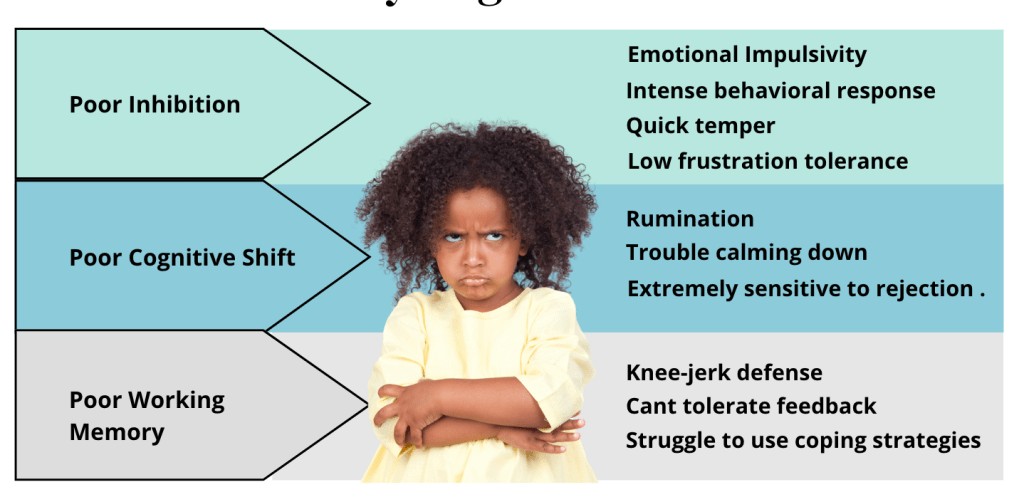
New research reveals that preschool children who have trouble managing their emotions face higher risks of developing attention deficit hyperactivity disorder (ADHD) and other mental health challenges by age seven.
The study, published in Development and Psychopathology, examined data from over 14,000 children in the United Kingdom through the Millennium Cohort Study. Researchers tracked emotional regulation patterns between ages three and seven through parent observations and questionnaires.
"Children learn to manage their emotions in different ways," explains study author Francisco Antonio Calderón Alfaro from the University of Oxford. "Identifying these differences can help target early interventions and promote healthy development."
The research found that preschoolers showing persistent difficulties with emotional control were more likely to exhibit ADHD symptoms, conduct problems, and internalizing behaviors like anxiety and sadness by age seven. These connections remained strong even after accounting for earlier mental health symptoms.
The study also revealed gender differences - while both boys and girls faced similar risks, boys showed higher levels of emotional dysregulation and conduct issues, while girls were more prone to internalizing symptoms.
The pace of emotional development proved important. Children who were slower to develop emotional regulation skills faced greater risks of mental health challenges later on. Those with consistently high levels of emotional dysregulation throughout the study period showed the highest risk levels.
However, the research has limitations. With only three measurement points, researchers couldn't track the detailed evolution of these changes. Additionally, the observational nature of the study means it cannot definitively prove that emotional dysregulation directly causes later mental health issues.
The findings emphasize the value of supporting emotional development during preschool years. "I believe that more research focused on understanding differences in development can lead to better-tailored interventions," notes Calderón Alfaro. "This would help support those who may benefit less from existing programs or practices."
This research provides valuable insights for parents, educators, and healthcare providers in identifying children who may need additional support with emotional regulation skills during their early years.